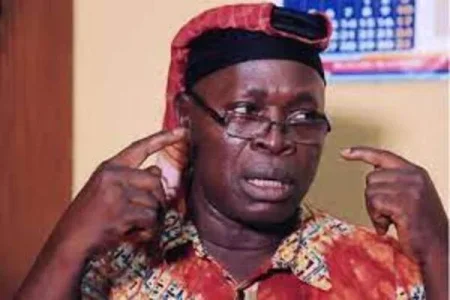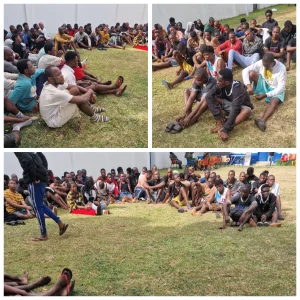
MURIC has criticized the planned nationwide hunger protest, arguing that poverty and hardship have long been issues in Nigeria. The group's Executive Director, Professor Ishaq Akintola, advised protesters to seek dialogue instead.
The Muslim Rights Concern (MURIC) recently addressed the ongoing discussions surrounding poverty and the proposed nationwide hunger protest in Nigeria. In a statement released on Tuesday, MURIC's Executive Director, Professor Ishaq Akintola, emphasized that poverty and hardship have been persistent issues in Nigeria for a long time. Akintola criticized the planned hunger protest, suggesting it would only exacerbate the situation.
MURIC pointed out that the current global inflation and widespread hunger are not unique to Nigeria and advised the protest organizers to seek dialogue rather than resorting to demonstrations. The statement argued that blaming the current administration, which has been in power for just over a year, for the nation's long-standing economic issues is premature and unfair.
Public reaction to MURIC’s statement has been polarized. Many Nigerians expressed frustration, arguing that persistent hardship should not be a reason to accept continued suffering. Critics on social media have accused MURIC of defending the government while ignoring the increasing economic struggles faced by ordinary citizens. Some users emphasized the need for protest as a means to demand better governance and accountability from the administration.
Others supported MURIC’s call for patience and dialogue, suggesting that protests might not address the root causes of economic challenges effectively. As the planned protest approaches, the debate continues how best to address Nigeria's economic difficulties and the role of public demonstrations in bringing about change.


![[VIDEO] Pastor Chris Okafor Kneels in Church, Seeks Forgiveness Over Doris Ogala Scandal](/data/attachments/226/226699-c9d00b3f5d864545ced4f9e15e8e2fbc.jpg?hash=MWaI4y9cI1)

